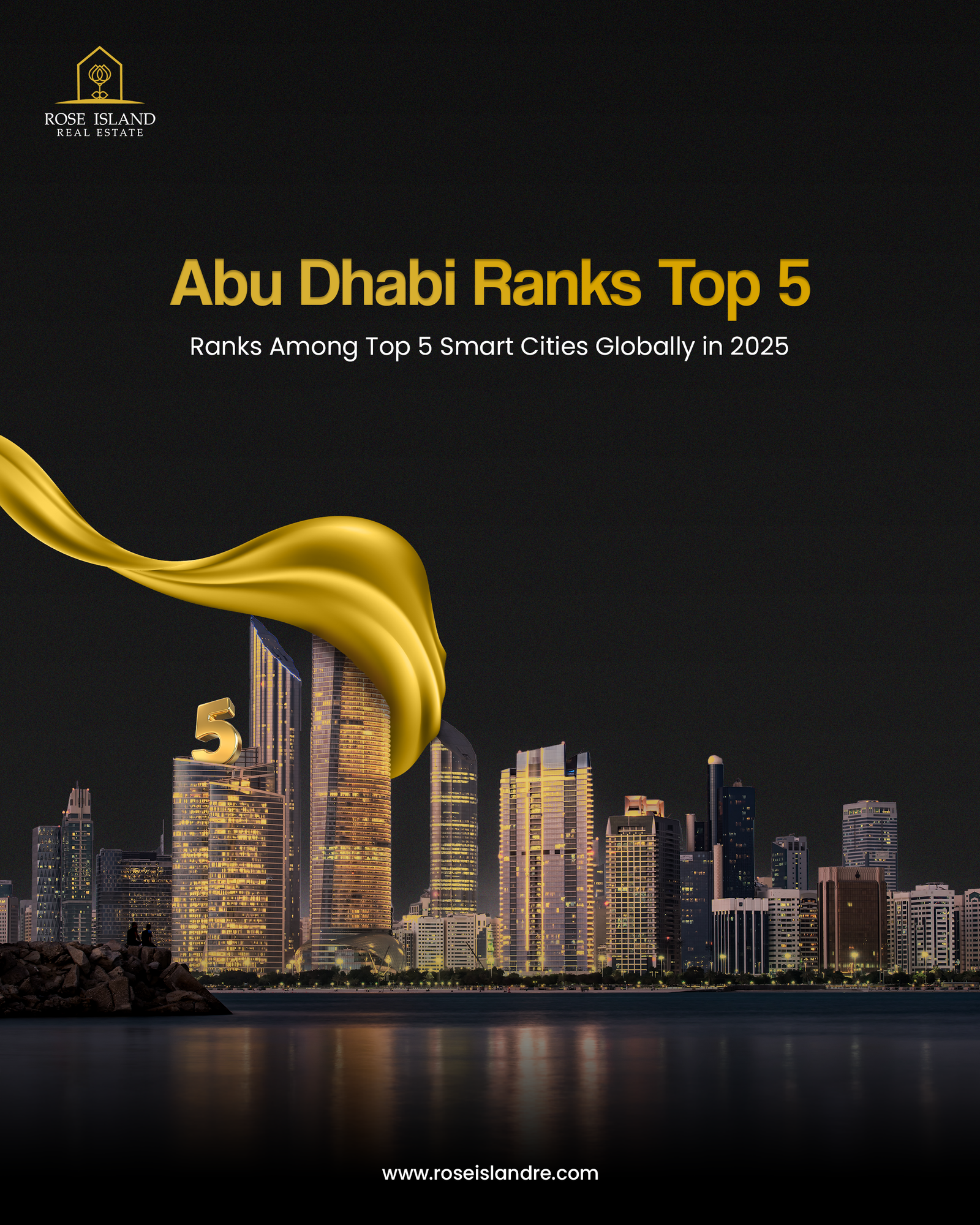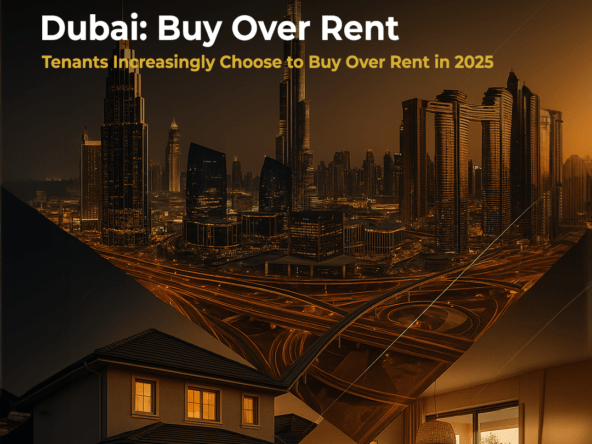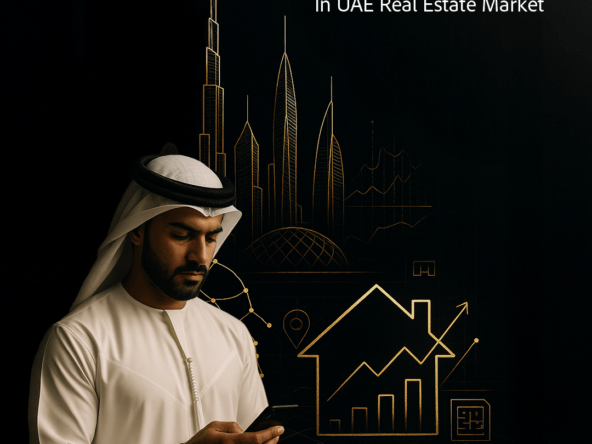Abu Dhabi has officially climbed into the top five of the 2025 IMD Smart City Index, securing fifth place globally and overtaking several major world capitals. This remarkable leap — from 10th place last year and 14th in 2020 — reflects the capital’s strong commitment to innovation, connectivity, and quality of life.
Key factors that influenced this year’s high ranking include expansive green spaces, free public Wi-Fi, efficient traffic flow, and a robust public transportation network — all of which earned high praise from residents surveyed for the global index.
A Five-Year Climb to the Top
Mohamed Ali Al Shorafa, Chairman of the Department of Municipalities and Transport (DMT), commented on the achievement:
“Abu Dhabi’s consistent rise in global smart city rankings over the past five years is a major milestone. It reaffirms our city’s position as one of the best places in the world to live, work, and visit.”
He added that the 2025 goal, aligned with the Year of Community, is to deepen the use of technology and artificial intelligence in empowering both residents and businesses.
What Sets Abu Dhabi Apart
The IMD Smart City Index, which evaluates 146 cities worldwide based on residents’ perceptions of infrastructure and digital services, revealed some impressive stats:
- 82% of residents expressed satisfaction with the public transport system
- Over 90 million bus rides were recorded in 2024
- 168,000+ people used Abu Dhabi’s water transport network
- Traffic congestion was widely reported as a non-issue
- 75% of residents highlighted the impact of free public Wi-Fi, available on buses, beaches, and in parks
A major mobility upgrade in 2024 included AED 3.4 billion ($926 million) in transport infrastructure — most notably a new double-bridge system that slashed peak-hour delays by up to 80% on Al Khaleej Al Arabi Street.
Smart Parks and Green Innovations
Green spaces also played a pivotal role in Abu Dhabi’s success. In 2024 alone, the city opened over 200 parks and beaches, with 84% of residents expressing satisfaction with their availability and maintenance.
Seven parks were upgraded under the city’s Smart Parks initiative, which integrated 1,400 sensors to monitor factors like soil moisture, air quality, and energy usage — creating data-driven solutions for sustainability and improved visitor experience.
Complementing these efforts, Abu Dhabi Canvas — a city beautification program launched last year — continues to transform public spaces through locally inspired art and design, highlighting the UAE’s cultural identity.
A Regional Hub for Smart City Innovation
Abu Dhabi’s rise is not just about infrastructure — it’s about leadership. The capital now hosts the MENA regional office of the World Smart Sustainable Cities Organization (WeGO), reinforcing its role as a regional hub for smart city knowledge-sharing and sustainable development.
This achievement marks another step forward in Abu Dhabi’s vision to be a pioneering smart city — one that blends technology, sustainability, and community well-being to create a model for urban living in the 21st century.





